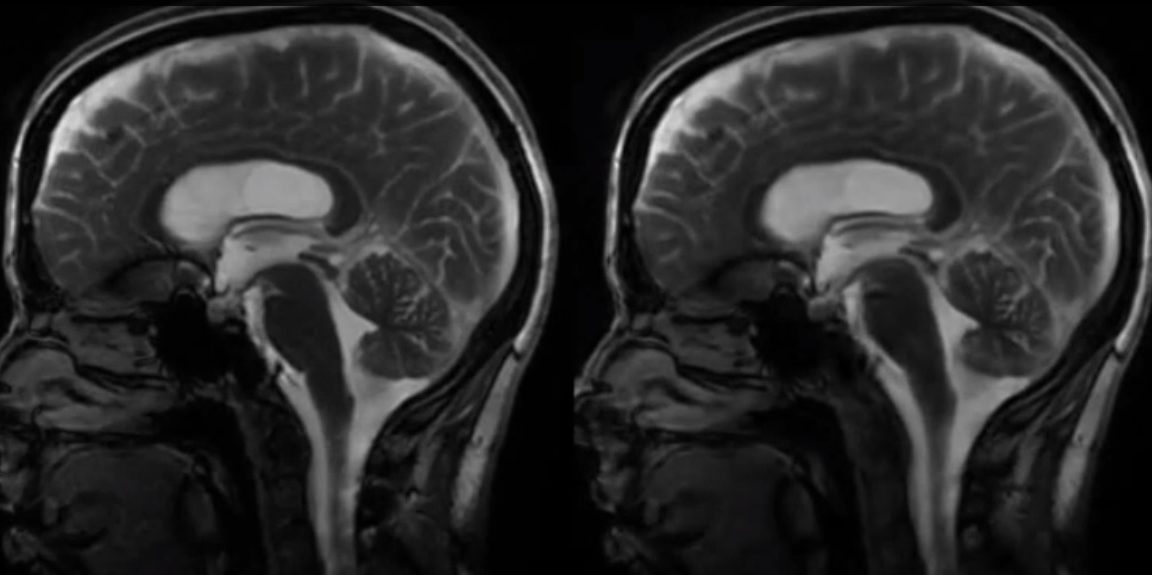If there's one thing our faithful Scope readers have shown us year after year it's that they love variety. While last year's most-read articles covered topics ranging from the health benefits of coffee to research on chronic fatigue syndrome, this year artificial intelligence, diabetes management and the inner workings of the brain were among the things that most caught your attention.
Here are the most popular posts from the last year:
--Artificial intelligence in medicine -- predicting patient outcomes and beyond: In a study, an advanced algorithm evaluated electronic health records and made predictions about patients more accurately than previous approaches. Nigam Shah, MBBS, PhD, discussed the work and its implications here.
--Breaking down diabetes: Drugs for diabetes, starting with the best -- metformin: Metformin is physician-researcher Randall Stafford's go-to drug for diabetes. He explained why in this installment of our "Breaking Down Diabetes" series.
--Text from Mom: "Dad won the Nobel Prize": A late-night phone message informed a Stanford physician that his father had just received Nobel Prize in Chemistry. "I was surprised," said the proud son, "but not surprised."
--The beating brain: A video captures the organ's rhythmic pulsations: A group of researchers developed an imaging method to show the brain in motion, and a 16-second video grabbed readers' attention.
--"I am a domestic violence survivor": One medical student's story: In a powerful Stanford Medicine Unplugged essay, medical student Natasha Abadilla shared her personal experience with domestic violence.
Photo by Itamar Terem (Stanford) and Samantha Jane Holdsworth (University of Auckland)




